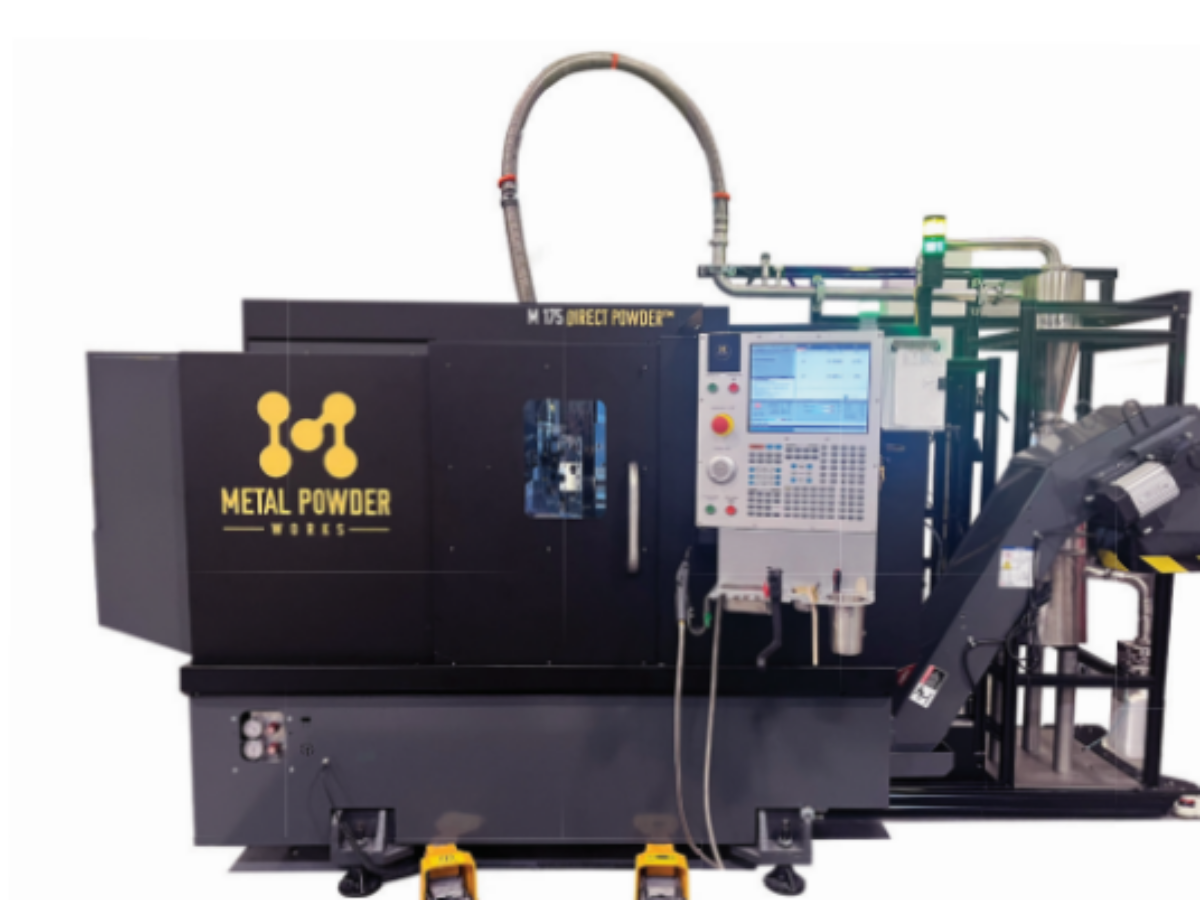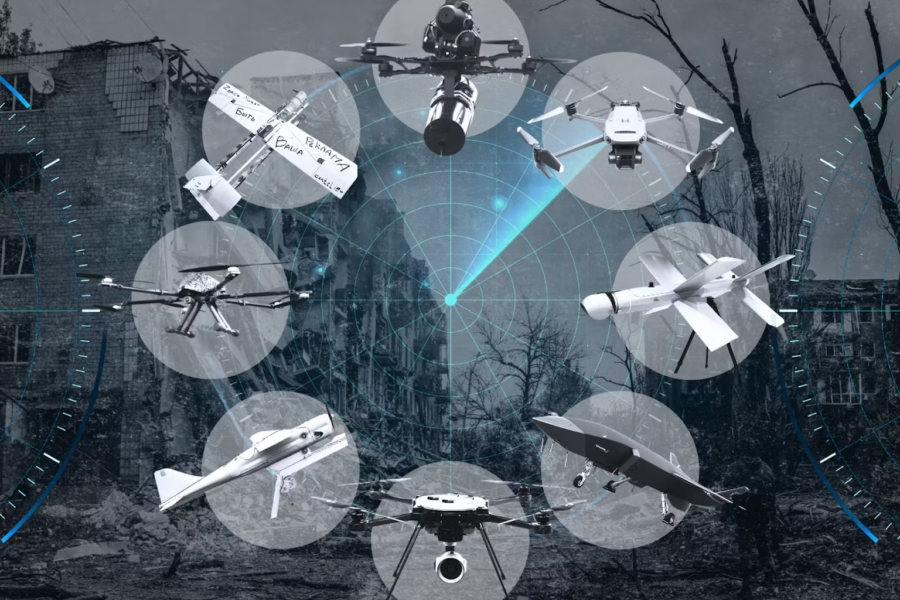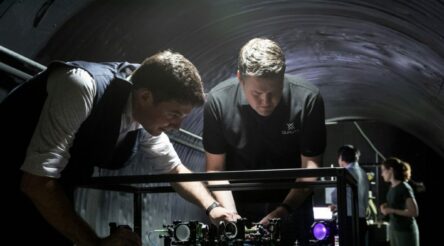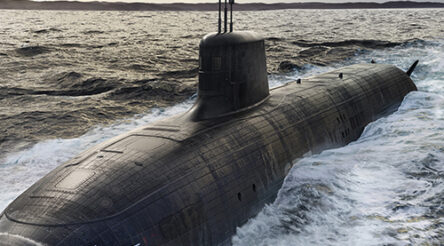K-Tig changes direction, buys metal powder technology

Rapid welding technology developer K-Tig is changing its direction, acquiring 100 percent of US-based Metal Powder Works, which has developed the DirectPowder Process which converts premium bar stock into high-quality powder.
K-Tig, which is in voluntary administration, said the process achieved yields of 95 percent compared to 20-30 percent from traditional powder production methods, resulting in positive economic outcomes, along with less CO2 emissions.
K-Tig told investors: “The acquisition will amount to a significant change to the nature and scale of the company's activities and as such, the company will be required to obtain shareholder approval under ASX Listing Rule 11.1.2 at a general meeting and re-comply with Chapters 1 and 2 of the ASX Listing Rules.
“…Noting the unique attributes and economic advantages of the DirectPowder process, K-TIG intends to raise a minimum of $7 million and up to a maximum of $10 million…pursuant to a public offer under a full form prospectus.
“The Public Offer will not be underwritten.”
The new acquisition is seen as having a technological advantage in copper, nickel, aluminium, bronze alloy powder production for the US Naval Defence Industry
However, while K-Tig is focusing on metal powder production for additive manufacturing, its CSIRO derived welding technology also has a future.
K-Tig said: ” Concurrently, K-TIG's existing technology and operations will continue, complementing Metal Powder Works’ activities and serving overlapping end customers.”
The company said that the KMPW technology was the first innovation in powder production in over 90 years, resulting in the issuance of four US patents.
Sixteen commercial materials are currently available, including high strength aluminium, Al-Sc, CuNi 7030, nickel aluminium bronzes, coppers, zirconium, and titanium, with several more in development.
Additionally MPW has developed Zirconium powder in conjunction with the US nuclear and defence industry, and Titanium powder in conjunction with a strategic partner.
“MPW is working with its partner to increase its CP-Ti production to 2,000kg in 2025.”
The MPW technology produces powder through a computer-controlled, mechanical process, resulting in very consistent particles from machine to machine or batch to batch.
In this process, a round bar of feedstock is rotated at a prescribed speed, and particles of metals (or polymers) can be made to a size and/or shape requirement.
In this manner, particles can be designed for the subsequent downstream processing condition whether that be based on sintering, deformation, melting, or used in energetics, chemical synthesis or conductive pastes.
Picture: Metal Powder Works/DirectPowder technology
@aumanufacturing Sections
Analysis and Commentary Awards casino reviews Defence Gambling Manufacturing News Online Casino Podcast Technology Videos





